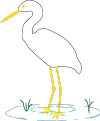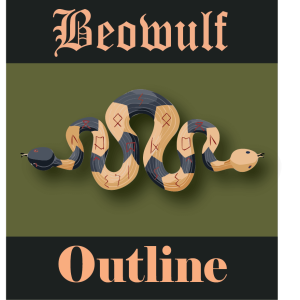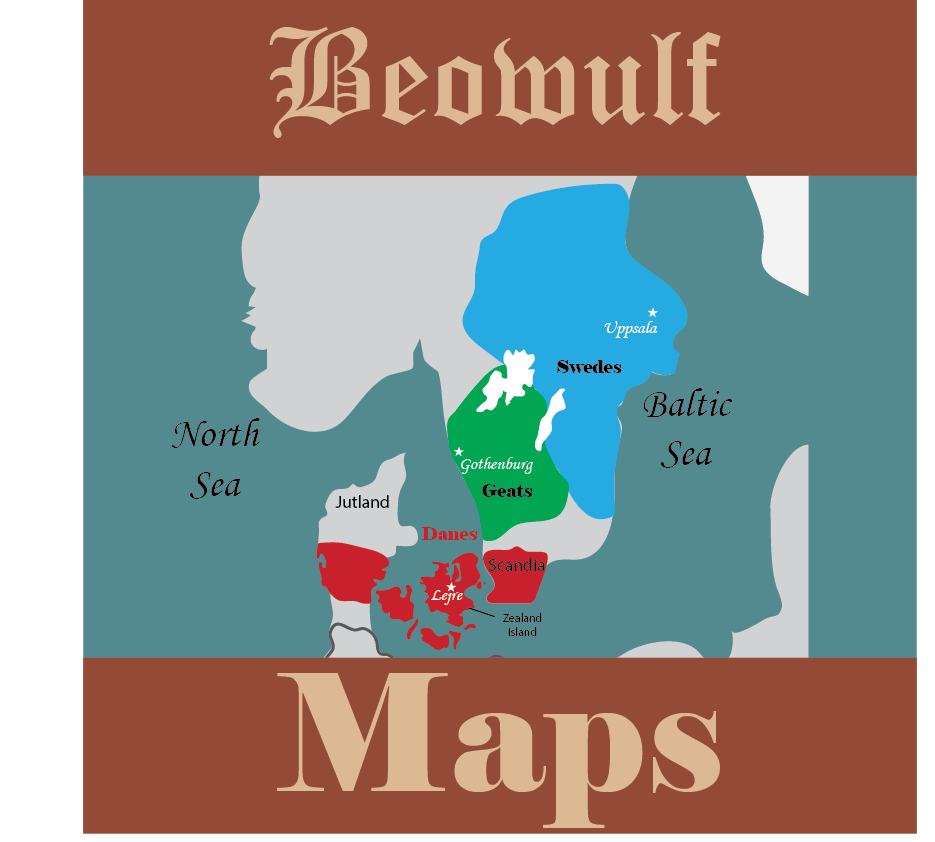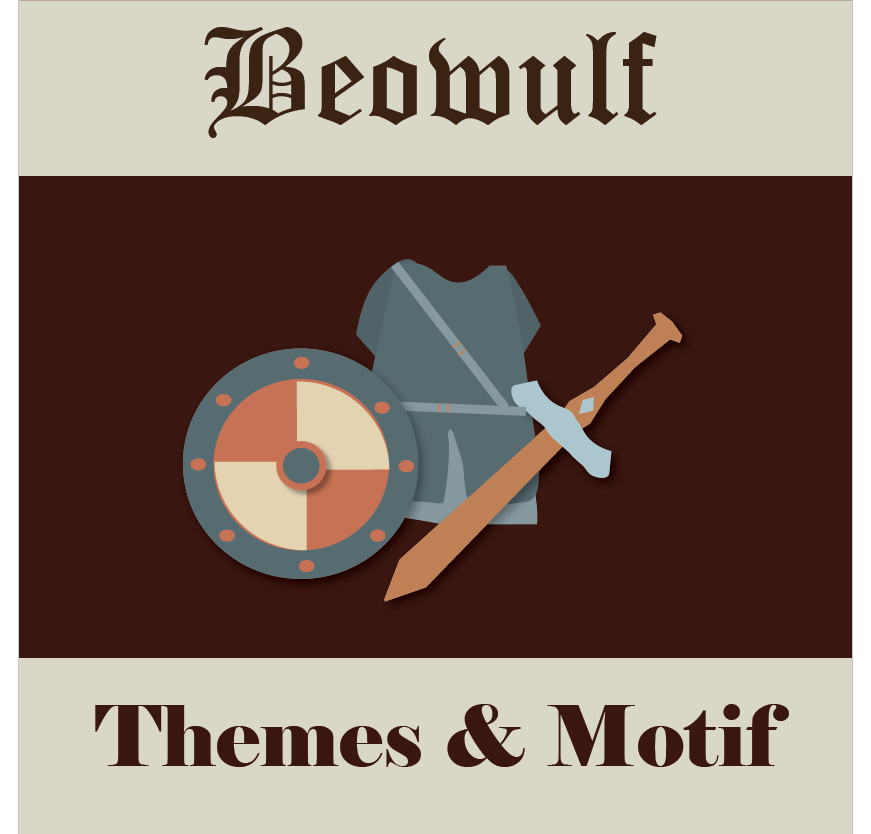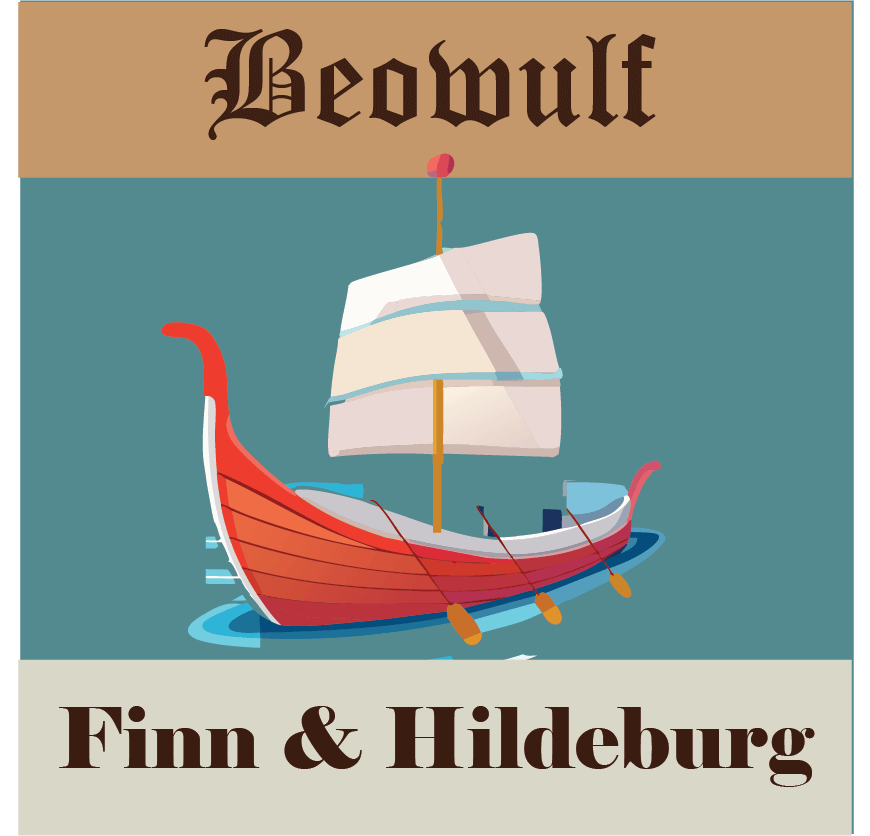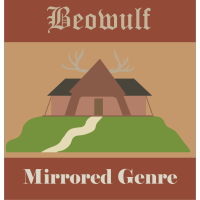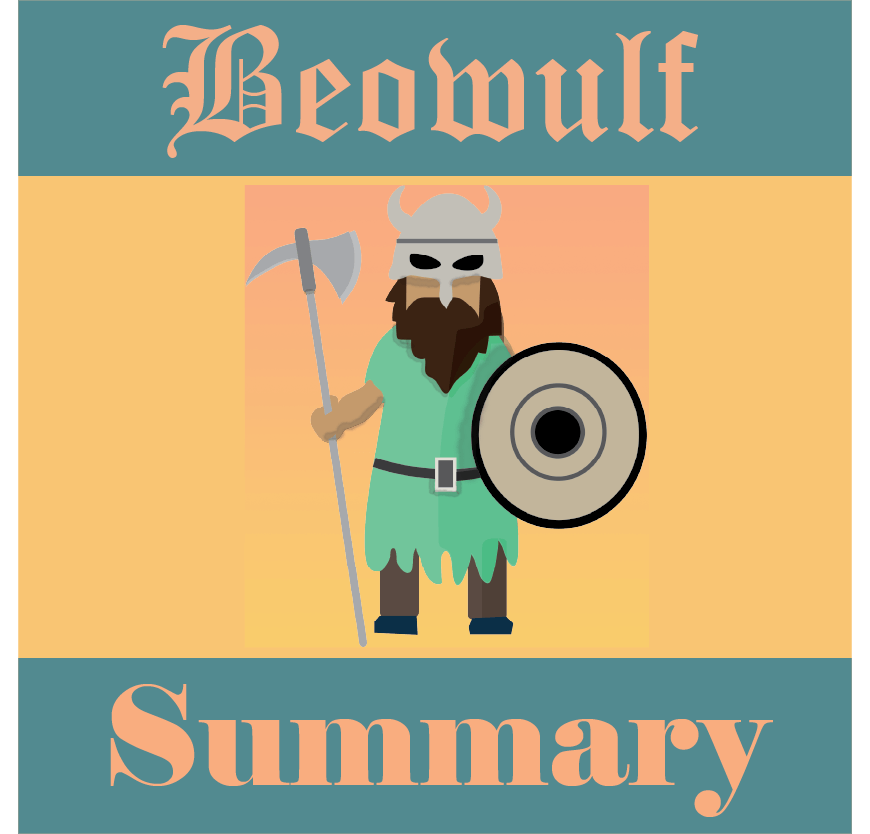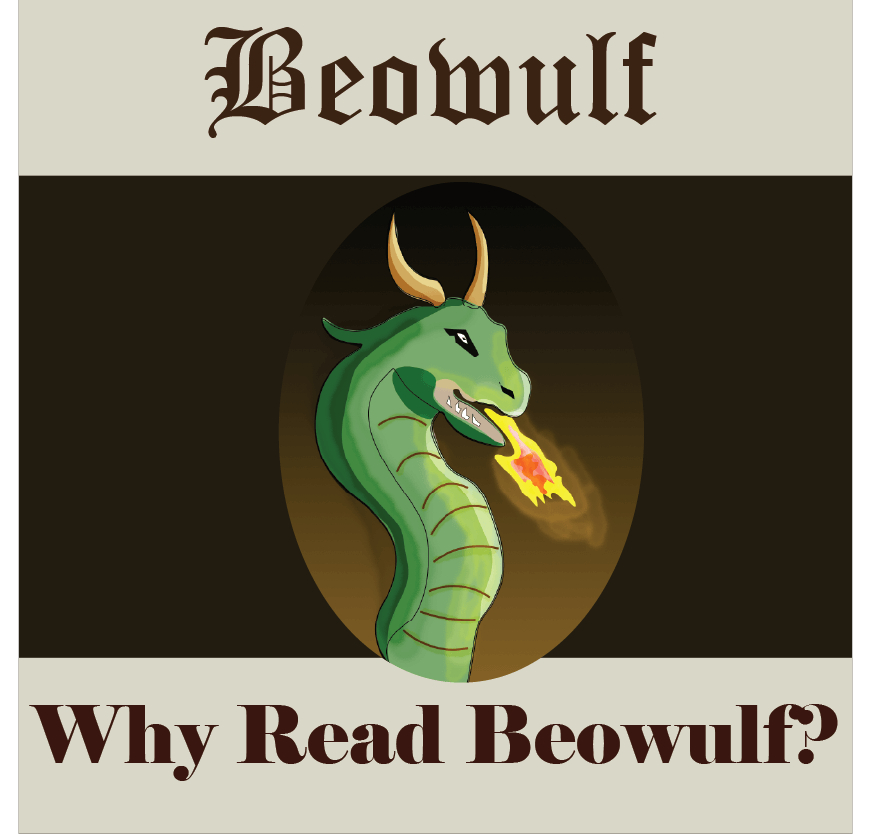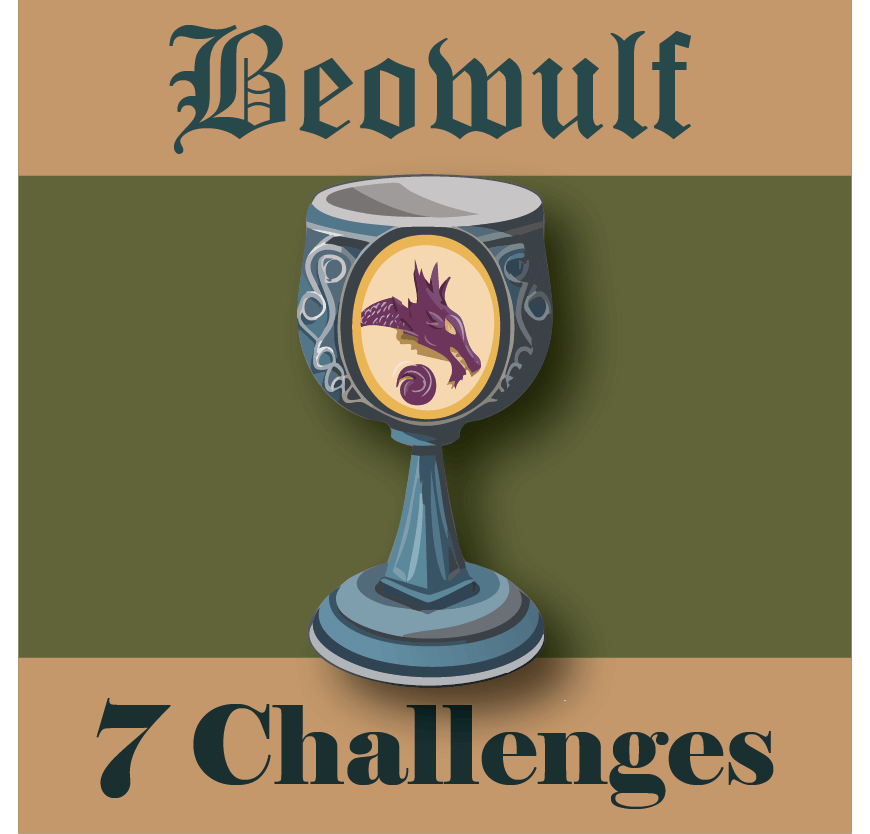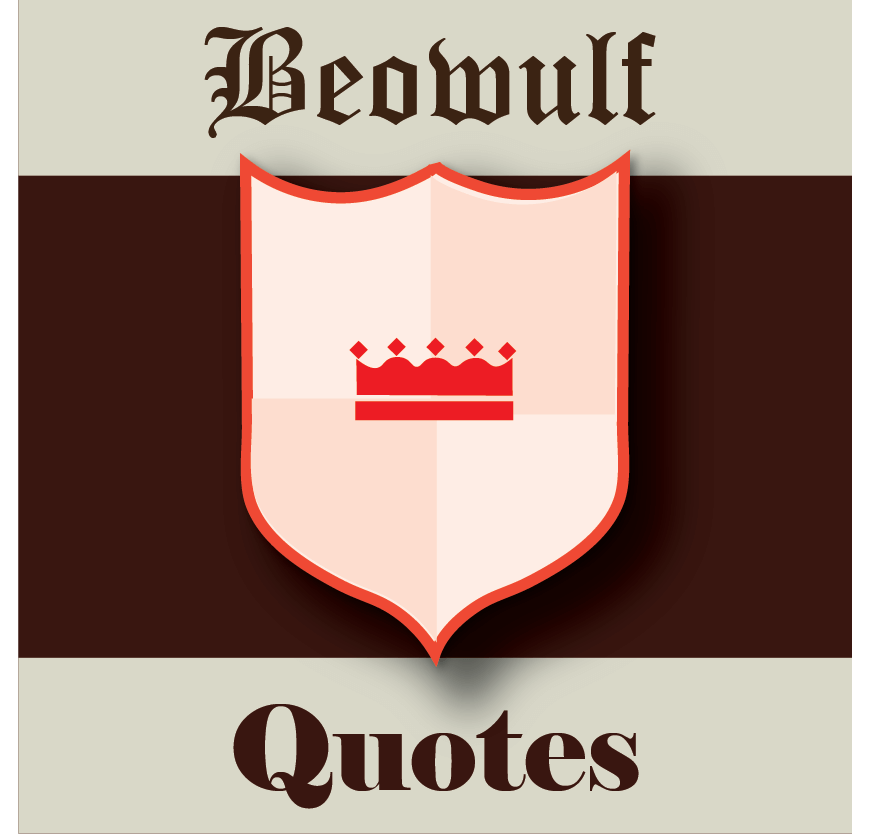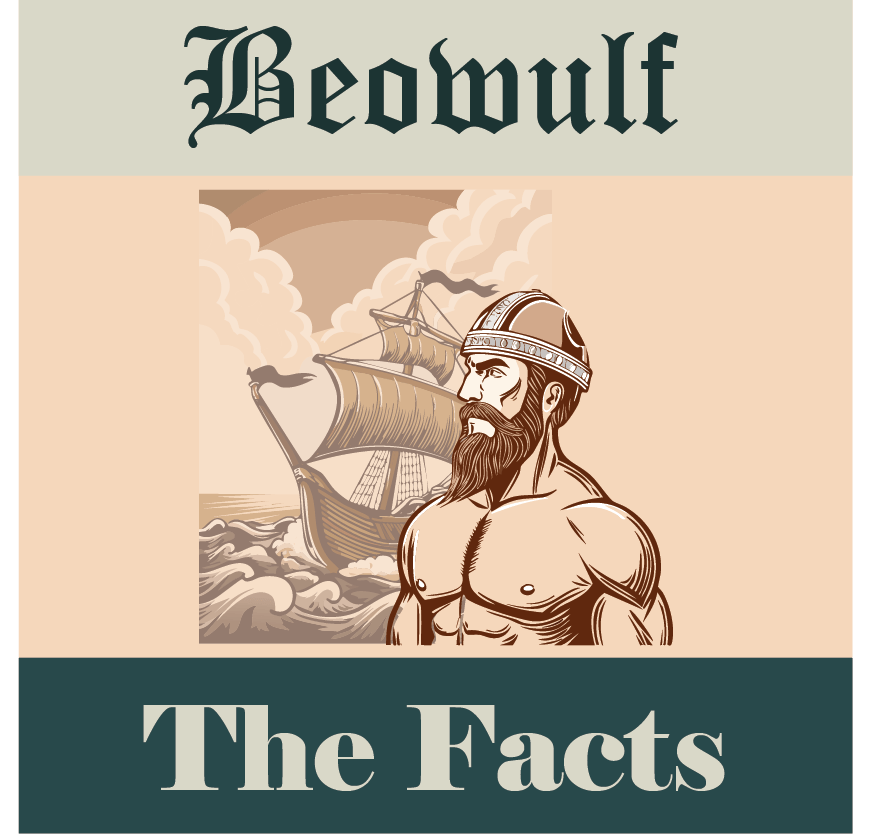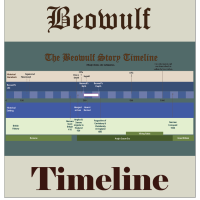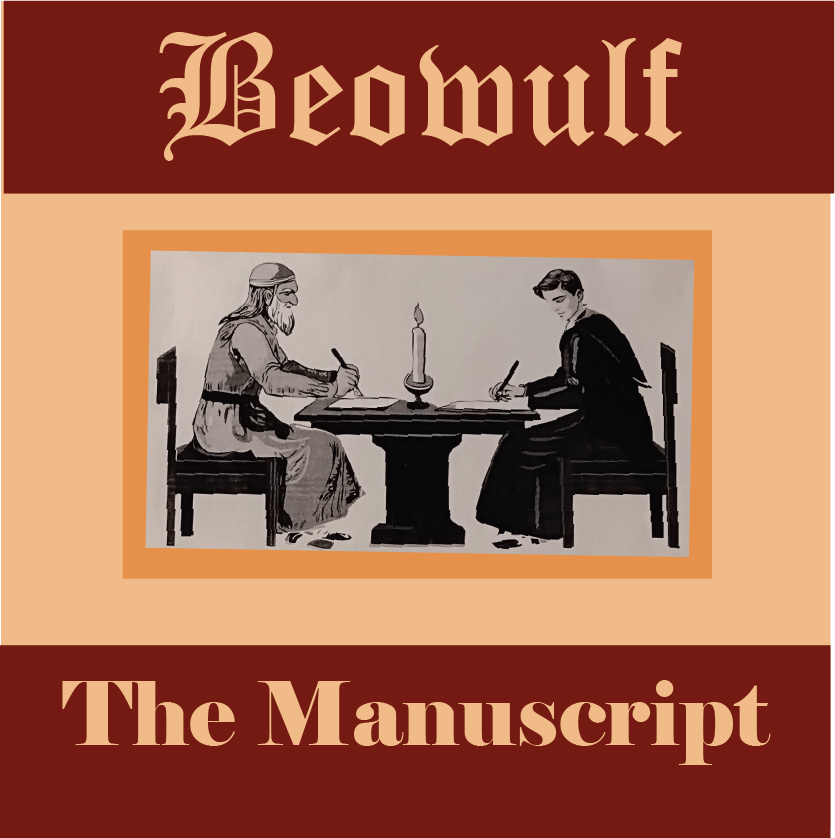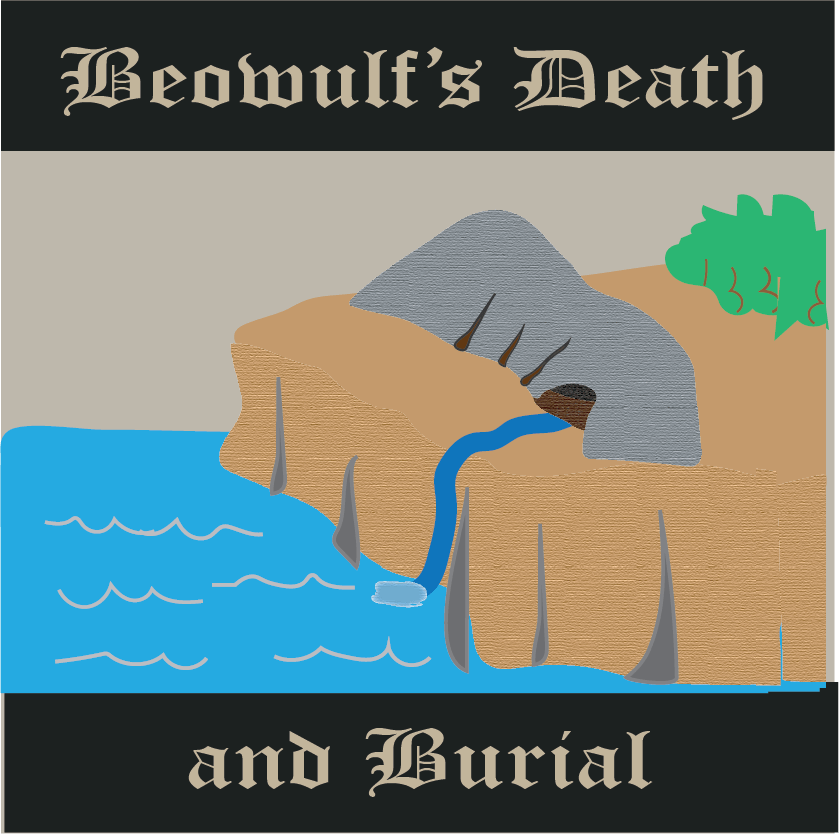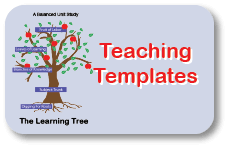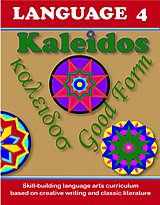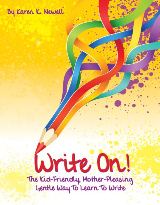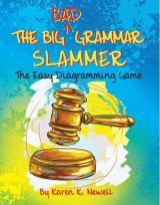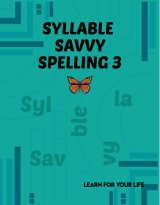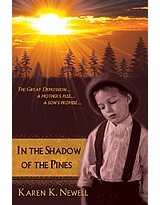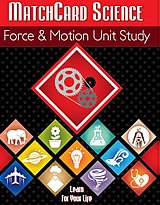
Beowulf Facts
Some of the most basic facts about Beowulf are yet unknown, while some mysteries have become clearer with time.
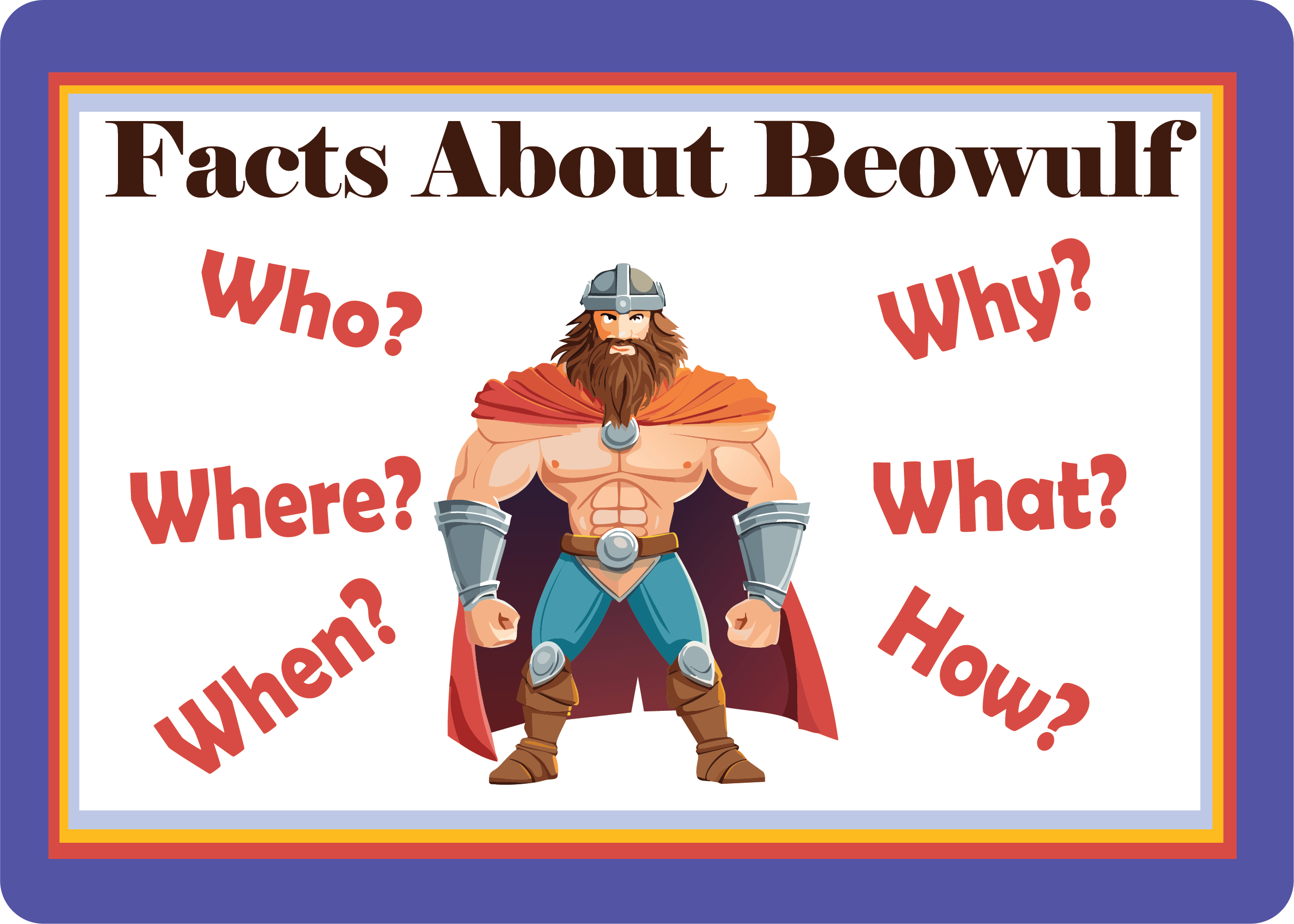
Short Answer: The answer to most of these questions is a frustrating - "We don't know." At least we don't know for sure. But we do have some good, solid theories.
Quick Analogy: Picture you are a detective investigating a crime. You have studied the clues and narrowed it down to a couple of suspects. Do you have a solid case yet? No! But you are getting closer.
There are two errors made by the uninitiated student:
- They confidently declare they know the date and location of the story. They read it in a book. Therefore it's a fact and they know their facts. (Or think they do.) What they actually "know" is a theory that they think is a fact.
- On the other hand, someone confidently state, "We don't know and will never know the facts about Beowulf."
AND if you understand the theories, you will know much more than those who make either incorrect statement above.
WHEN
When Did Beowulf Take Place?
514 A.D. (plus or minus about five years)
Woo hoo! We have a date!Actually, that is the proposed date of when the main events in the Beowulf Poem took place.
The main action took place in Hearot Hall of King Hrothgar's court and it was burnt in 515 A.D. The poem alludes frequently too the burning as if it would happen shortly after Beowulf's visit. Hence, we'll put it about 514.
Give or take five years. The burning of Hearot Hall is based on other historical events in and outside of the poem. So why we can't date it exactly, we can identify Hrothgar's court with a degree of certainty.
When Was Beowulf Written?
This is a two-part answer. You see, there is a difference between when the only surviving manuscript was inscribed on vellum and when the story was first developed by its author.I'm sure you realize that the latest edition of a classic book came rolling off the press at a later date than when its author first penned the story.
Part I: When Was the Manuscript of Beowulf Written?
1000 A.D. (plus or minus 50 years)
We have another date for you and it's a good one. Only one manuscript has survived (and an amazing story behind it, we might add). By a variety of methods it has been dated about 1000. Two scribes painstakingly wrote it long-hand in Old English (also called Anglo-Saxon English.)Per the experts in ancient manuscripts (I'm not one), our two scribes wrote as early as 950 or as late as 1050.
Part II: When was the poem Beowulf developed?
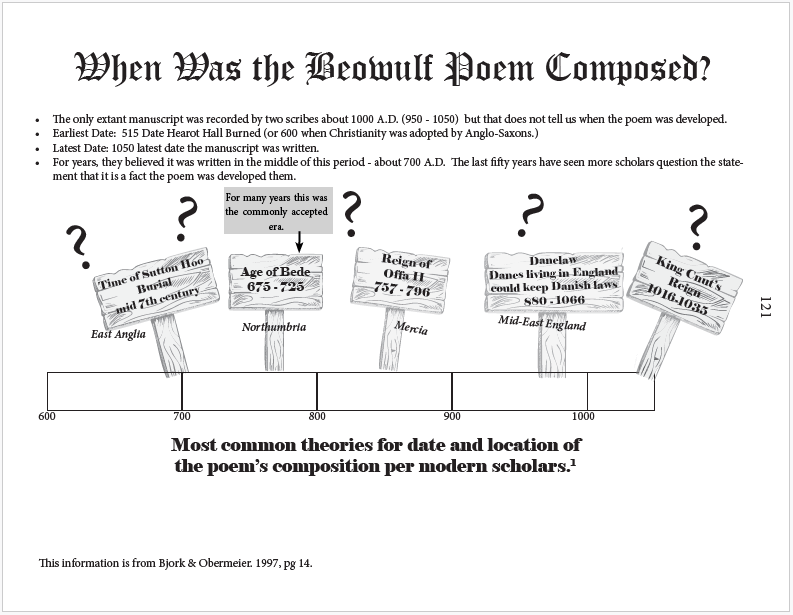
Between 650 and 1050 A.D.
As the worksheet pictured above mentions, we do know these dates:
- Christianity came to British Isles about 600. Since Biblical elements are included, the earliest for this poem would likely be about 650.
- The manuscript is no later than 1050.
A.D. vs C.E.
Why do we use the old A.D. instead of the newer abbreviation for Common Era?Most Beowulf scholarship (and most history) was written before the C.E. acronym was developed. Scholars who want to research the provenance (origination) of Beowulf have to be able to read both A.D. and C.E. Beowulf is probably not the best book to read if one is offended by A.D. Seriously, there are far more offensive things to worry about in its pages.
When Was the First Time the Story of Beowulf Was Told?
Since the tale was likely circulated orally before the poem was recorded, it is impossible to know who first told the story. There are other stories in Scandanavia of a "bear man." Do such stories point to the roots of Beowulf? It could be so. It might also be a coincidence.That IS a question no one can answer. (Yet.)
WHERE
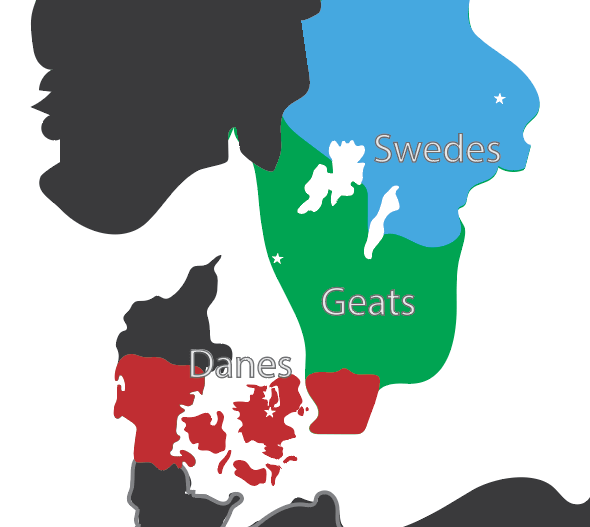
Where did Beowulf Take Place?
Book I - Beowulf journeyed to the court of King Hrothgar of the Danes on the island of Lejre.Book II - Beowulf ruled his kingdom of Geat (Goths) on the south-western side of the Swedish Peninsula. That peninsula was shared with the Swedes, the mortal enemies of the Geats (who now own the whole peninsula - not coincidentally.)
Where did Beowulf Come From?
He was a Geat (Goth.) Note that Gothenberg is the star in the green area on the map above. That was likely the capital of the Geat kings at that time. The name still reflects that heritage.WHO
Who Was Beowulf?
Our Hero
Beowulf was a legendary king of the Geats, a Germanic tribe that immigrated out of Germany. He was raised in the royal court by the King of Geats, his maternal grandfather. His uncle, Hygelac, reigned later and Beowulf supported him and his son in that role. Beowulf assumed the role of king after Hygelac's son died.It is often assumed that Beowulf is an entirely fictitious character. This is based partly on his heroic deeds (such as fighting a dragon) which cannot be considered historical. Hygelac was the last known king of the Geats, therefore it possible that Beowulf's reign was created to serve a literary purpose. (Chambers first wrote this theory a century ago. Still seems the best theory to me.)
There is no evidence, however, that a historical-Beowulf was a member of the Geat royal family. But since their line was stamped out a long time ago (note the Swedes uncontested claim to their peninsula) it's quite likely we wouldn't have record of all their royal kin even if Beowulf (or someone like him) was in their clan.
An Earlier Beowulf?
Could Beowulf have been based on an earlier character? As mentioned above under "when," there are some other folk-tales from Scandinavia with characters that share features with Beowulf. These characters are not from the royal family of the Geats. Did someone, at sometime, put a well-known, fictitious character into Hygelac and Hrothgar's court - for some reason?Once again, we are backed into an ancient corner. While students in our unit study don't have to learn all the pre-Beowulf folk-heroes, they are given their names so those with a hankering to do so can hunt down info. Here are some literary names to check out as possible Beowulf-characters:
- Bodvar Bjarki
- Grettir the Strong
- Orm Storolfsson Strongman
A Later Beowulf?
Who said the Beowulf legend had to come before Hrothgar's court? There's also a theory that the character (or at least the name) Beowulf may have been based on an Anglo-Saxon king. Here's a couple of theories (briefly) to try on for size:- Offa I, from the land that is now Denmark, was the ancestor of King Offa II, of Anglo-Saxon fame. In the unit study, we look at clues that Beowulf may have been tied to Offa.
- King Beornwulf - an Anglo-Saxon king from 823 to 826. The name is similar and he was preceded by a King Wiglaf. Coincidence?
Our Conclusion on the Identity of Beowulf
We'll probably never know. It IS possible that the author of the known Beowulf poem MIGHT have taken an ancient legend, put it in the setting of Hrothgar and Hygelac's courts (after the Geats were defeated), and named the character after an Anglo-Saxon king.Then again, maybe he didn't.
It's also possible (and only a few theorists take this position) the tale was based on nothing in prior history or folklore and that the story was first written about the same time as the only manuscript. Kiernan is the scholar who first proposed this view. His theory has some interesting support - albeit he made a few old-time scholars perturbed with him.
Our unit study delves more deeply into the early vs late theories.
Who Wrote Beowulf?
Another big fat "We Don't Know!" The name and identity is forever lost to us. What we can say is that:- He was a skilled writer who wrote Anglo-Saxon poetry.
- He may have been a minstrel, reciting in the old oral tradition in the great halls that are central to this tale.
- He may have been a churchman with his interest in Biblical (Old Testament) accounts.
- He appeared to be well-educated and influenced by Greek and Roman writers as well Biblical and ancient folk-lore.
- He seems to have been well-acquainted with the first hand experience of sitting at the death-bed of a loved one.
BUT, who knows?
What is the Theme of Beowulf?
Beowulf is a heroic tale. These are the themes that emerge: (listed in order that they occur)- Honor
- Heroic Deeds
- Christianity vs Paganism
- Fate/Wyrd
- Death
- Fate vs God vs Courage of Man
- Blood Feuds
- Pride
- Youth vs Old Age
How and Where Did Beowulf Die? Where was He Buried?
Cause of Death: DragonLocation of Death: Earnaness (Also called Arnas or Eagle's Nest)
Location of Funeral and Burial: Hronesness (Also called Whale's Head)
Locate the place of Beowulf's death and burial. Compare theorized geographic locations with archaelogy and lines from the poem.
Get the Beowulf Unit Study
Unlock the action plot, history, and debates of the ancient tale.
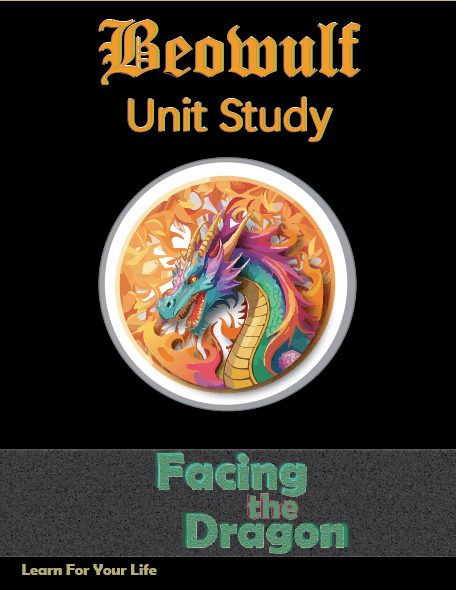
Available in Paperback OR Printable Download
253 pages
(Includes Student Pages, Teacher Key, References, Maps, Charts and More!)
Print It Now

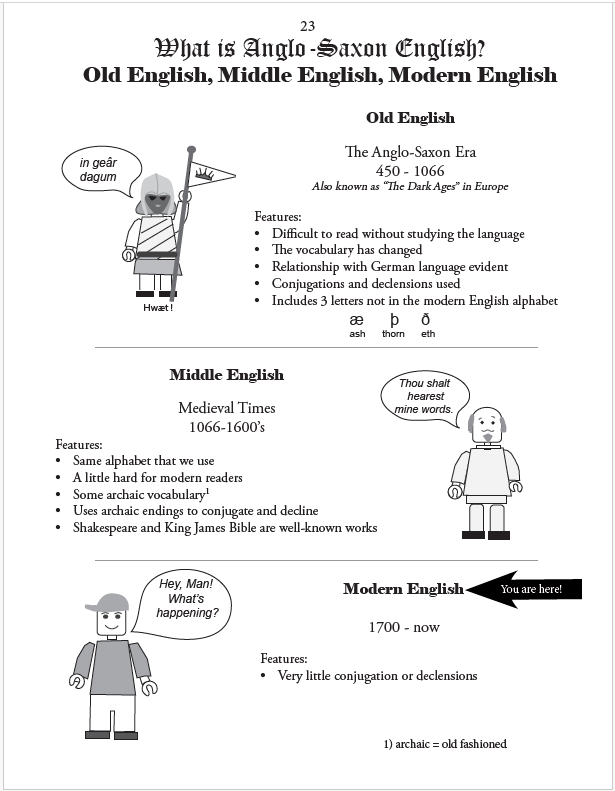
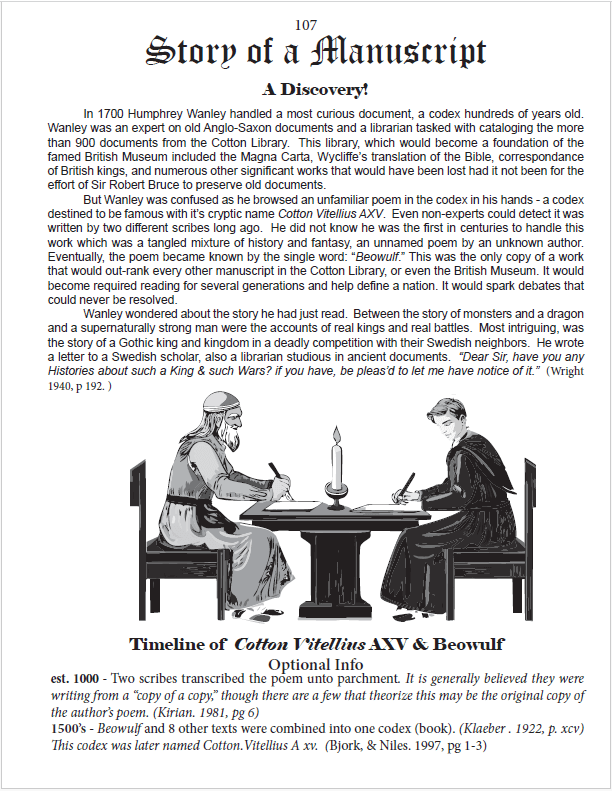
![]()
$5.99 Your link to print will last for five days.
Ready-in-a-minute lesson plans can be used with any translation.
Easy-to-read summary for each section.
Softcover Edition - Mailed to You
The same pages are in the softcover book and the printable file. Keep your papers bound together and use this book for years to come. It will be your go-to-guide for all things Beowulf!
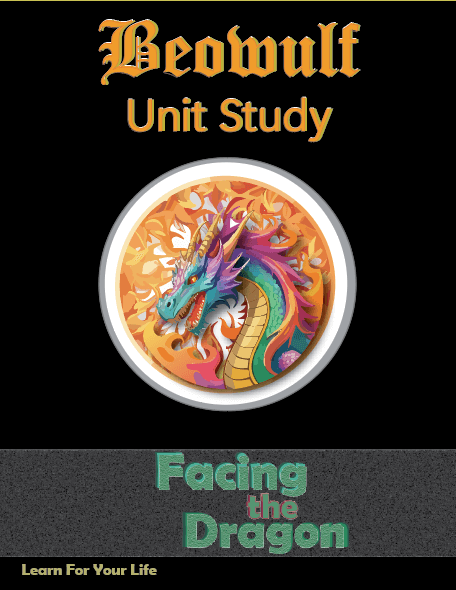
![]()
17.95 Soft Cover Manual
Mailed to You
Beowulf Pages
Check here for all things Beowulf.
-->
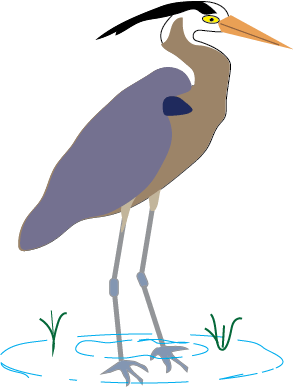
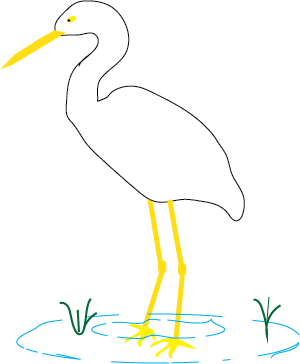
About Our Site
Hands-On Learning

